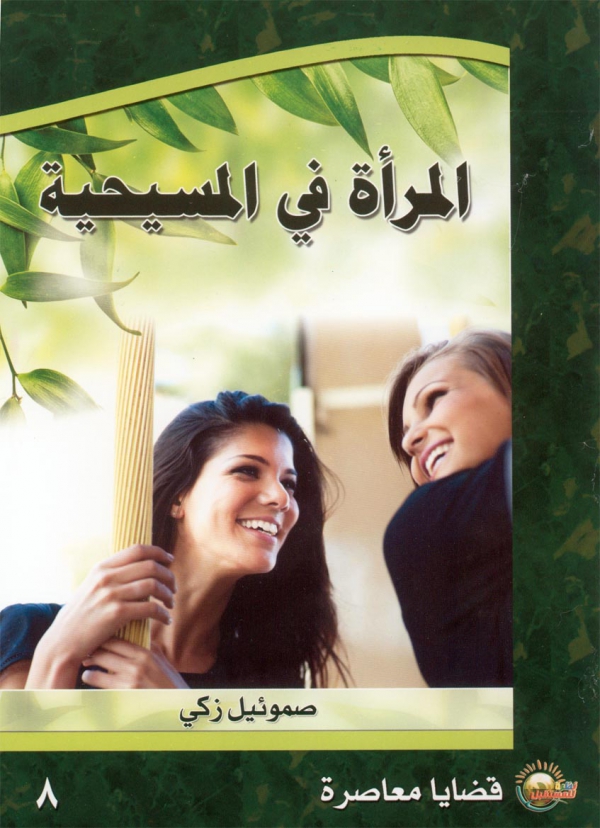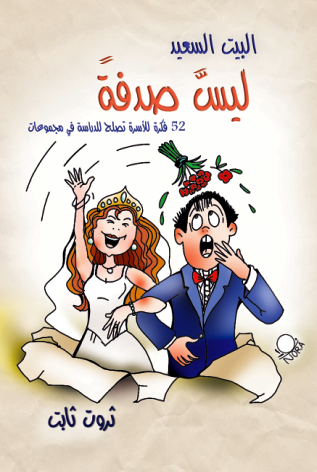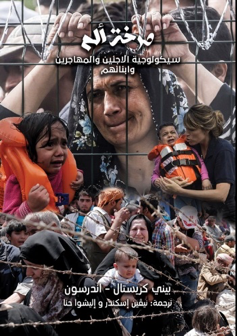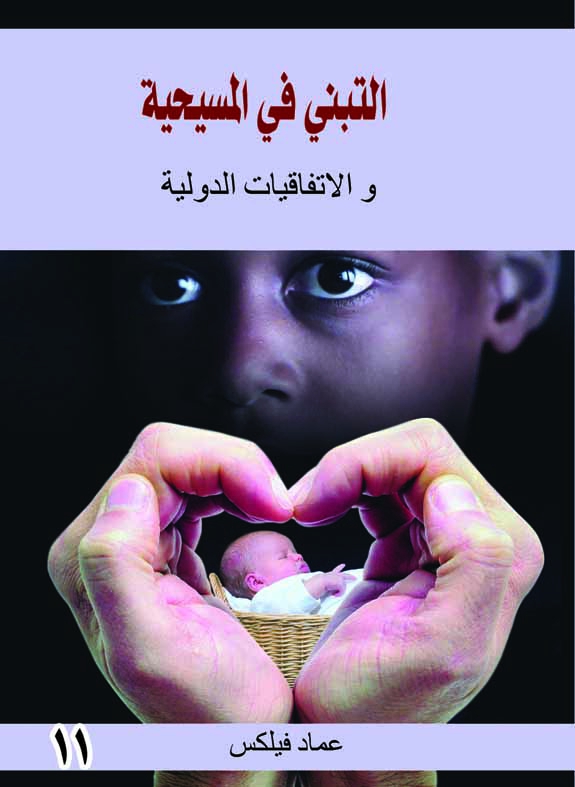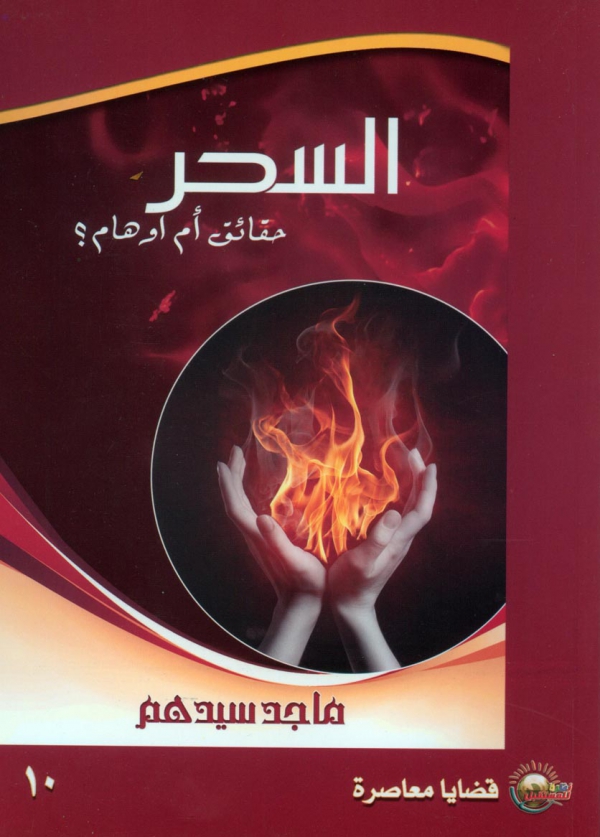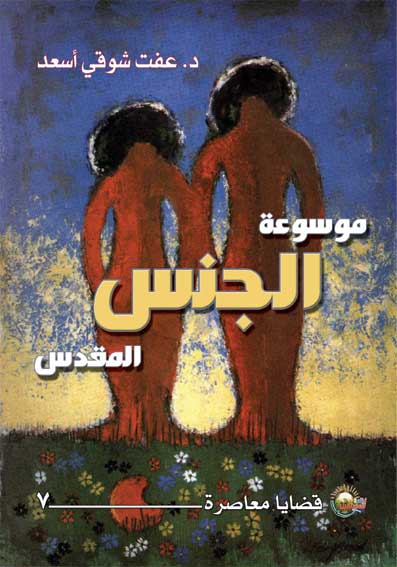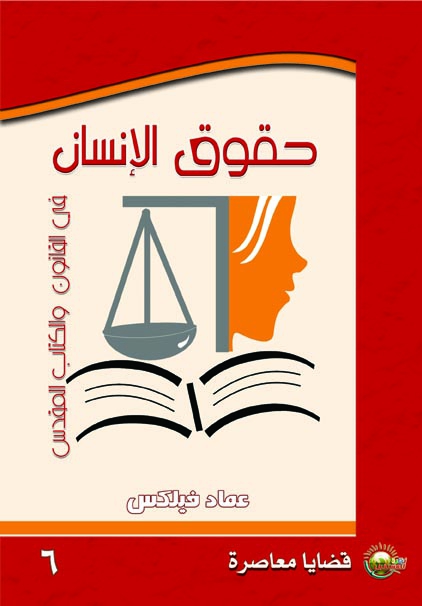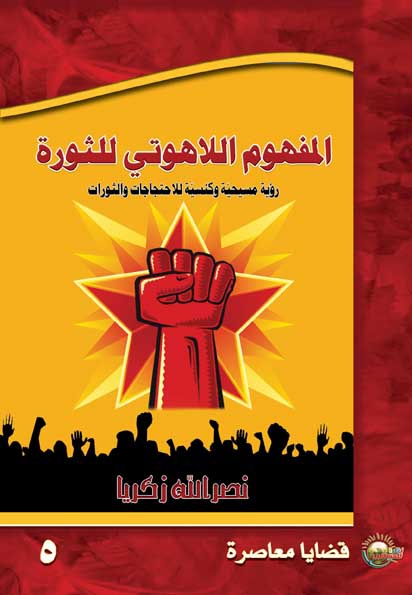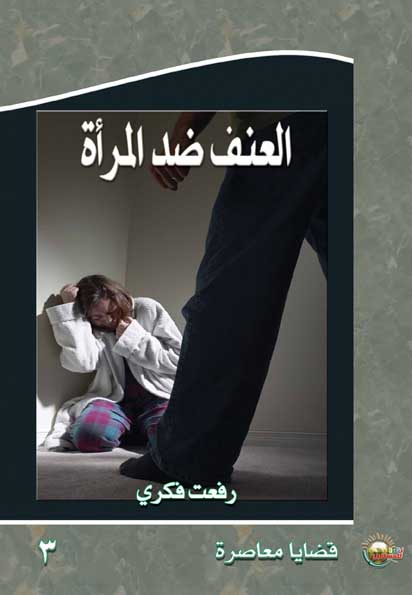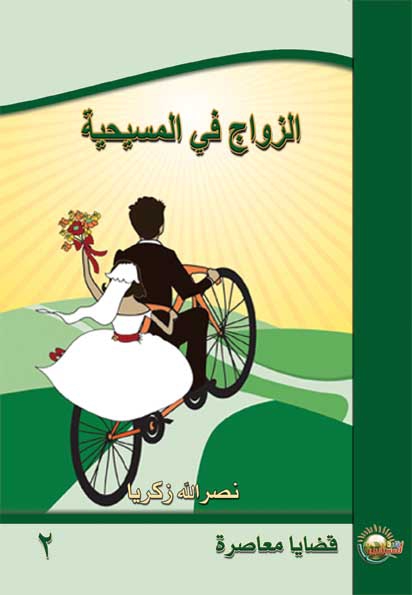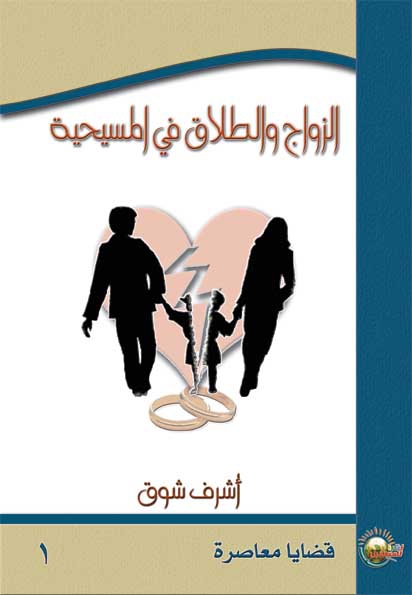Contemporary Issues
The Bible touches on every aspect of our spiritual lives and on our relationships with God. Furthermore, it does not ignore the difficult issues we face in our contemporary lives. It is a book for all times. When we face an issue, we find that the biblical perspective's thinking about it is clarifying. This series deals with contemporary issues (such as divorce, abortion, death and addiction) from a biblical perspective.
Women in Christianity
الكاتب: Samuel Zaki
الناشر: Vision For Future
Neither studies on women nor the discrepancies about their status at home, in the community or in the church, are new. Many books have been written and will be written about women, both in civilized and developing countries. There will be two voices shouting in opposition to each other, while the woman stands confused between both. One voice treats her as a human being absolutely equal to man, and the other considers her less than man ... because they do not give attention to what revelation says: "It is not good for the man to be alone. I will make a helper suitable for him." (Genesis 2:18)
In the medium sized book of 288 pages, "Women in Christianity," issued by the publications of Vision for Future in 2012, the author, Samuel Zaki, attempts to shed light on all aspects related to women, from the biblical, Islamic and contemporary points of view.
The following paragraphs capture the themes of the books chapters:
In the first chapter Zaki deals with the multiple views around women, stating: In our study of the status of women in the Bible, we touch on her services, her rights and duties, her work and so on. It is easy for us to take her side and rush behind the desire for progress and borrowing new ideas from other cultures; it is just as easy to be prejudiced against her, when we are influenced by the views we have inherited from our society and our ancestors about women. The outcome will be that we deny her human rights, in terms of service, cultural and civil leadership. To avoid either extreme, we must be completely objective in this study, and far from any bias.
The topic of chapter two touches on women and their full equality with men. Revelation tells us that God created man (human beings according to the Hebrew language). Revelation talks here about man as a species, not as an individual, whether man or woman. The view here is about man as a species in every age, time and place.
In chapter three the author takes us into a journey in human history to explain the role of women throughout history.
Chapter four addresses the status of women, and her distinguished status in the Bible. The author highlights the role of women in the Bible, from the appearances of the prophetess Miriam, to Deborah the judge, to Hannah the mother of the prophet Samuel, to queen Esther, and finally, to Bathsheba, the mother of King Solomon.
In the next two chapters, the author attempts to address several important aspects that present big question marks. These pertain to the Apostle Paul's view of women and his position regarding her teaching in the church, her ordination, and her ministry in church.
Chapter seven considers women and the law of monogamy. The author explains that from the beginning the divine order allowed monogamy. When scribes and Pharisees came to Jesus, testing Him by asking about divorce, they said (in Matthew 19:7-8) "Why then, did Moses command that a man give his wife a certificate of divorce and send her away?" Jesus responded, saying, "Moses permitted you to divorce your wives because your hearts were hard. But it was not this way from the beginning."
In chapter eight, the author addresses a variety of other issues affecting Christian women, including:
- The belief that man should preside over woman
- The belief that woman should be subjected to man
- The belief that women should not teach in church
- The belief that woman should be silent in congregation
In chapter nine, the author moves to the subject of Women in Islam. Acknowledging the title of the book, "Women in Christianity," he states that his aim, in writing about women and Islam, is to achieve peaceful, happy coexistence. He hopes for mutuality of understanding, and the taking into consideration of mutual respect in faith, religion, and doctrine. He then outlines the following major points:
- Islam and the belief in the principle of wardship
- Islam and social rights in marriage
- Islam and the belief in polygamy
- Islam and the belief in the veil
- Islam and women's legal rights
- Islam and women's right of inheritance
In chapter ten, entitled "Woman, the Mother, the Wife and the Working Woman," the author describes the many roles of women from all of these perspectives on her life.
Finally, to conclude, the book presents the ideal image drawn by the wisest man of all generations, King Solomon, who describes the virtuous woman in the Book of Proverbs. Her distinguishing characteristics are the elaborated throughout chapter eleven:
"The virtuous woman is extolled in heaven and earth. The wise man of all generations cites the rewards of the virtuous woman as follows: She is esteemed by her children, there is no doubt they will take care of her in her old age; she gains the satisfaction of her husband; she is famous for her incomparability great virtue among women, famous for her pre-eminence rather than her beauty; she reaps what she sows; her scent emanates virtue everywhere; and ultimately, she is crowned in eternal glory among her equally great peers who fragranced history. It is thus sufficient that the Lord considers the virtuous woman "a crown over the head of her husband," saying the Lord will crown her with supreme and eternal dignity!"
